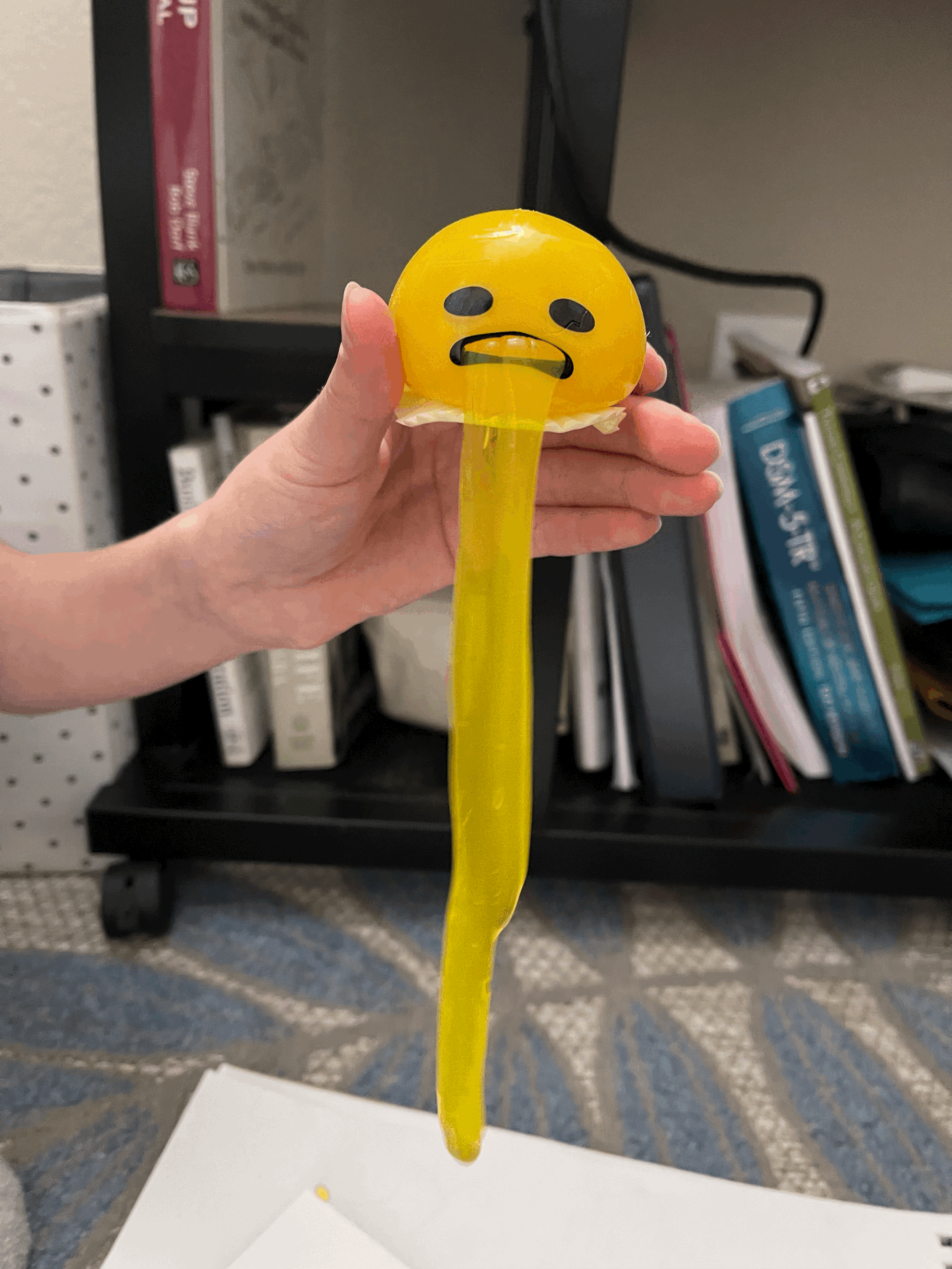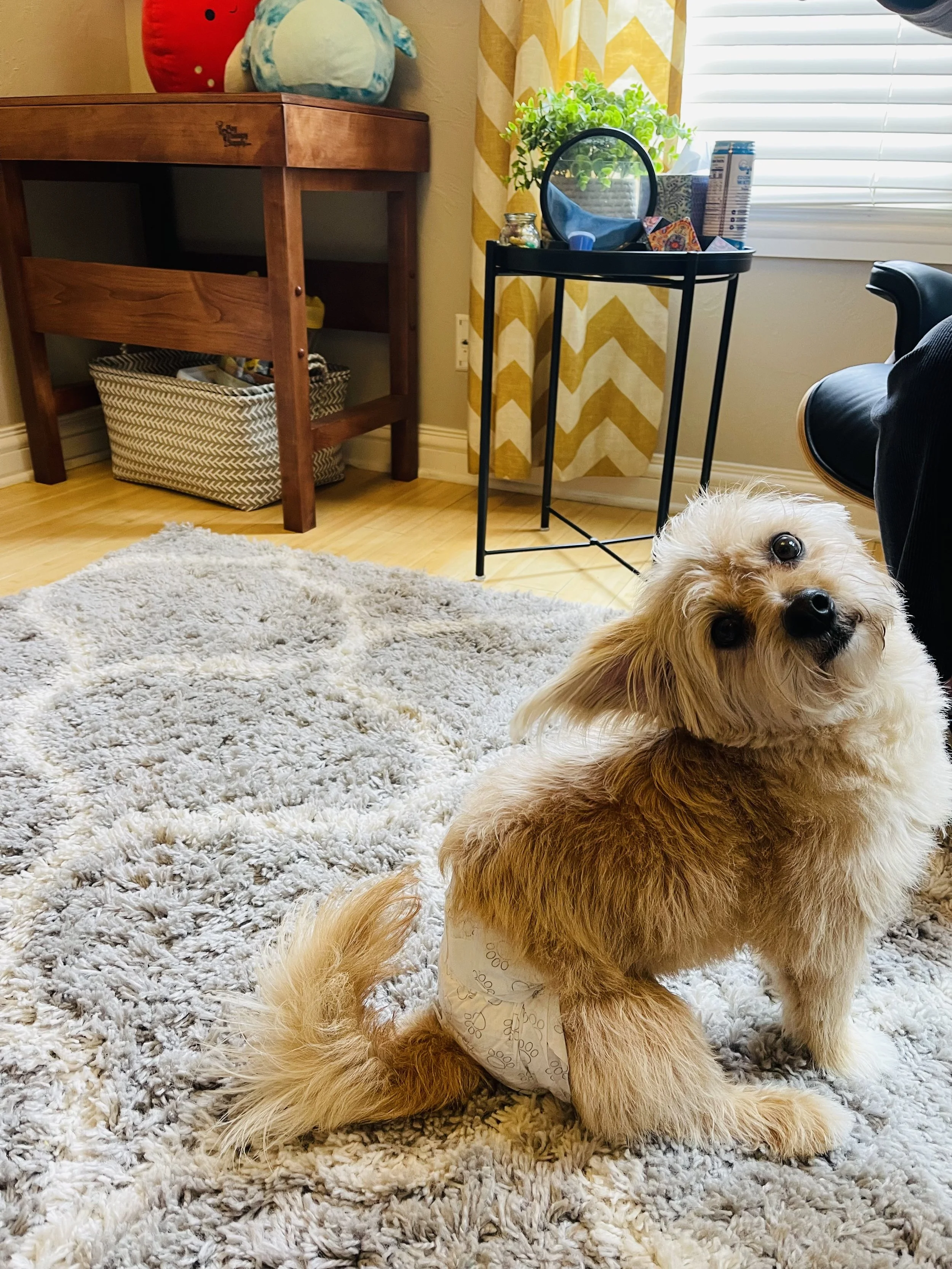Blog
Common Myths about Hoarding Disorder
Unfortunately, the recent rise to fame of the concept of hoarding has led to many societal misconceptions. Just as many people make unhelpful comments such as “I’m so OCD” on social media, the use of “hoarding” as a verb has really affected the widely held understanding of what hoarding actually is.
What is RO-DBT and how can it be used for Eating Disorders?
Radically Open Dialectical Behavior Therapy (RO-DBT) is a treatment approach developed specifically for individuals with disorders characterized by excessive self-control and overcontrolled behaviors. While it is primarily used for conditions such as chronic depression, treatment-resistant anxiety, and personality disorders, including obsessive-compulsive personality disorder, it has also shown great promise in the treatment of some eating disorders.
How can Restricted Eating relate to OCD?
Restricted eating refers to a pattern of highly selective or limited food intake that goes beyond typical dietary preferences or restrictions. It is often associated with eating disorders such as anorexia nervosa, but it can also be observed in individuals with obsessive-compulsive disorder (OCD) who have specific food-related obsessions and compulsions.
Why choose Ketamine Assisted Psychotherapy (KAP) over IV ketamine clinics?
Ketamine treatment without therapy accompanying it is typically referred to as “ketamine infusion therapy” or “ketamine-assisted treatment.” It is important to note that while ketamine infusion therapy can provide symptom relief, it may not address underlying issues, psychological challenges, or provide long-term solutions without the integration of therapy or other supportive interventions.
Dungeons & Dragons as a tool for OCD and Anxiety Treatment
At Kairos Wellness Collective, we use creative and fun interventions to work with OCD and anxiety disorders. One of our most popular group interventions is Dungeons and Dragons (D&D).
Do Phobias come from Traumas?
Phobias can sometimes be related to traumatic experiences. Trauma refers to an event or series of events that are emotionally distressing or disturbing, often involving a threat to one's physical or psychological well-being. While not all phobias are linked to trauma, there are instances where phobias can develop as a result of traumatic experiences.
Useful Apps to Support Anxiety and OCD Treatment
There are numerous apps available that aim to support anxiety treatment by providing tools, resources, and techniques to help individuals manage their anxiety symptoms. Here are some popular apps that have received positive reviews for their effectiveness in anxiety treatment:
Pediatric Skin-Picking: Parent Do's and Don'ts
Pediatric excoriation disorder, also known as skin picking disorder or dermatillomania, is a condition characterized by recurrent picking at one's own skin, leading to tissue damage. It typically begins in childhood or adolescence, but can also occur in adults. Here are some key points regarding the onset and distinct features of pediatric excoriation disorder.
How do hoarding and OCD relate?
Hoarding disorder and obsessive-compulsive disorder (OCD) are closely related conditions but are considered distinct diagnoses in the Diagnostic and Statistical Manual of Mental Disorders (DSM-5). However, there is a significant overlap between hoarding disorder and OCD, and hoarding is recognized as a specific subtype or symptom dimension of OCD.
How is Hoarding Disorder related to Trauma and can EMDR help?
Eye Movement Desensitization and Reprocessing (EMDR) is a psychotherapy approach primarily used to treat post-traumatic stress disorder (PTSD) and trauma-related conditions. While the exact causes of hoarding disorder are not fully understood, research suggests that trauma can be a contributing factor for some individuals. Traumatic experiences, such as the loss of a loved one, separation, or abandonment, can lead to difficulties with attachment and a heightened need for security and comfort.
How to Create Internal Resources for an EMDR Session
Establishing these internal resources in EMDR therapy can provide a sense of stability, containment, and support, which can be helpful during the processing of traumatic memories and emotions.
What natural supplements may be helpful for BFRBs (s.a. Skin Picking and Hair Pulling)?
While there is limited scientific research specifically on the use of natural supplements for Body-Focused Repetitive Behaviors (BFRBs), some individuals may consider exploring certain options. However, it's crucial to note that natural supplements should not be considered a substitute for professional medical advice or prescribed treatments. It's essential to consult with a healthcare provider before starting any new supplement regimen. Here are a few supplements that have been investigated for their potential benefits:
What does the research say about Trichotillomania?
Trichotillomania treatment studies have explored various therapeutic approaches and interventions to address the symptoms and challenges associated with this condition. Many who experience this condition feel that it has been understudied (and certainly, clinicians are under trained in its treatment).
How to choose your best-fit anxiety therapist
It's important to note that the therapeutic relationship and the skills and expertise of the therapist are vital factors in the effectiveness of treatment. Finding a therapist who specializes in anxiety disorders, has experience with evidence-based treatments, and with whom you feel comfortable and supported can greatly contribute to positive therapeutic outcomes.
The Parenting Technique of YAMA and Anxiety Treatment
YAMA (You and Me Alone Time) is a parenting practice that involves setting aside dedicated, one-on-one time between a parent and child. It is a time for the parent and child to connect, bond, and engage in activities without any distractions or interruptions.
Exposure and Response Prevention: Top 8 things I want every parent to know about OCD Parenting
Your child CAN deal with serious anxiety. They will cope with anxious feelings. Anxious feelings are transient. Parents don’t need to fix anxiety for their children. Yes, your child will feel fear during Exposure Response Prevention treatment. They may come out of session rattled or irritable. However, long term, ERP builds your child’s resilience to their fear. Exposures are necessary for habituation, even if they are unpleasant in the moment and shortly thereafter.
How do Body Dysmorphic Disorder (BDD) and Obsessive-Compulsive Disorder (OCD) connect?
Body Dysmorphic Disorder (BDD) is a mental health disorder characterized by a preoccupation with perceived flaws or defects in one's appearance. Individuals with BDD are overly concerned about their physical appearance, often focusing on specific body parts, such as the skin, hair, nose, or weight. They engage in repetitive behaviors or mental acts, such as excessive grooming, seeking reassurance, comparing themselves to others, or checking their appearance in mirrors or other reflective surfaces.
What are phobias and how can EMDR help?
Fortunately, phobias are highly treatable. Effective treatments, such as exposure therapy, cognitive-behavioral therapy (CBT), and in some cases, medication, can help individuals manage and overcome their phobias. However, if phobias have been treatment resistant, it might be time to try EMDR!
Psychedelic-Assisted EMDR
Psychedelic-assisted Eye Movement Desensitization and Reprocessing (EMDR) is a therapeutic approach that combines elements of EMDR therapy with the controlled use of psychedelic substances. EMDR is a well-established psychotherapy technique used to help individuals process traumatic experiences and reduce associated distress.
Why is a Diary Card an important part of Dialectical Behavior Therapy (DBT)
A diary card is an essential tool used in Dialectical Behavior Therapy (DBT) to track and monitor various aspects of an individual's daily experiences, emotions, behaviors, and therapy targets. It serves several important purposes and has numerous benefits within the context of DBT therapy.




















